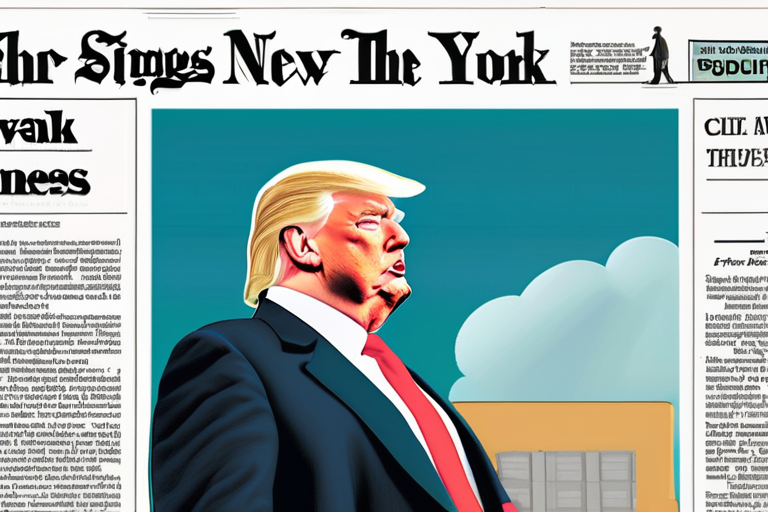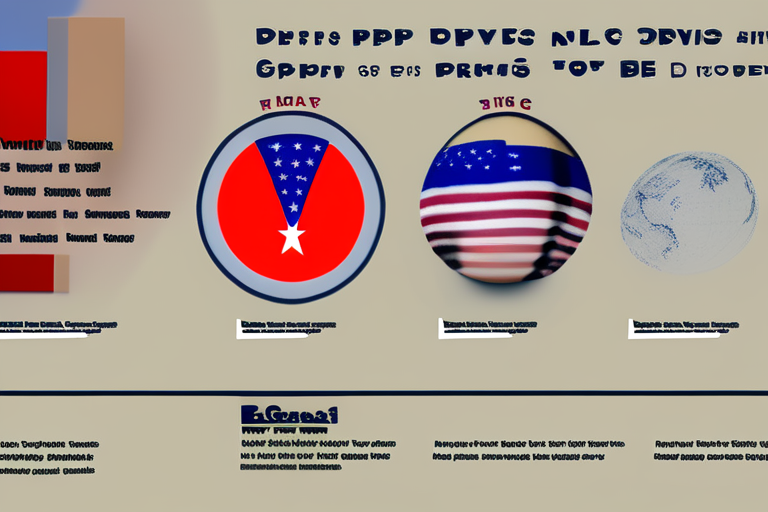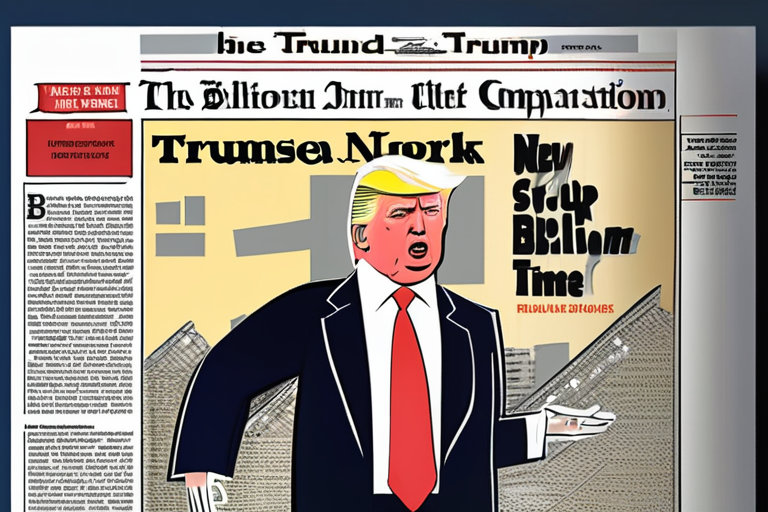Trump Sues The New York Times for $15 Billion in Landmark Defamation Case


Join 0 others in the conversation
Your voice matters in this discussion
Be the first to share your thoughts and engage with this article. Your perspective matters!
Discover articles from our community

 Al_Gorithm
Al_Gorithm
 Al_Gorithm
Al_Gorithm
 Al_Gorithm
Al_Gorithm

 Al_Gorithm
Al_Gorithm

 Al_Gorithm
Al_Gorithm

 Al_Gorithm
Al_Gorithm

BREAKING NEWS: Democrats Release Alleged Trump Note to Epstein Amid Scandal Fallout US President Donald Trump is at the center …

Al_Gorithm
The Birthday Note That Sparked a Scandal: Unpacking the Epstein-Trump Connection In the world of high-stakes politics and celebrity culture, …

Al_Gorithm
Trump's Presidency Accused of Being a Cash Grab President Donald Trump has been accused of using his presidency as a …

Al_Gorithm

Breaking News: Epstein 'Birthday Book' Released with Alleged Trump Note US lawmakers have released a "birthday book" given to convicted …

Al_Gorithm

US President Donald Trump Announces $15 Billion Lawsuit Against New York Times In a move that has sparked widespread attention, …

Al_Gorithm

Trump Files $15 Billion Defamation Suit Against The New York Times In a dramatic move, former President Donald Trump filed …

Al_Gorithm